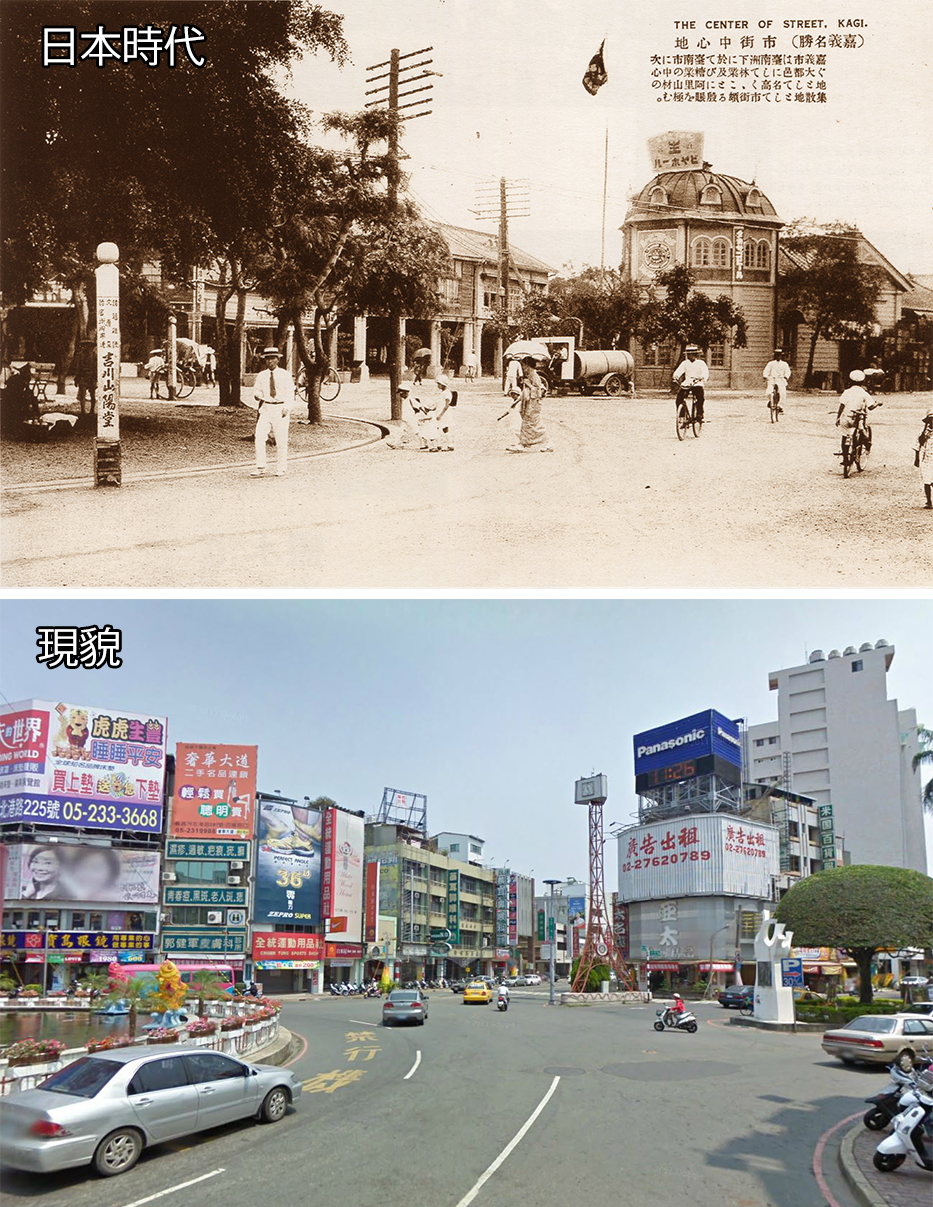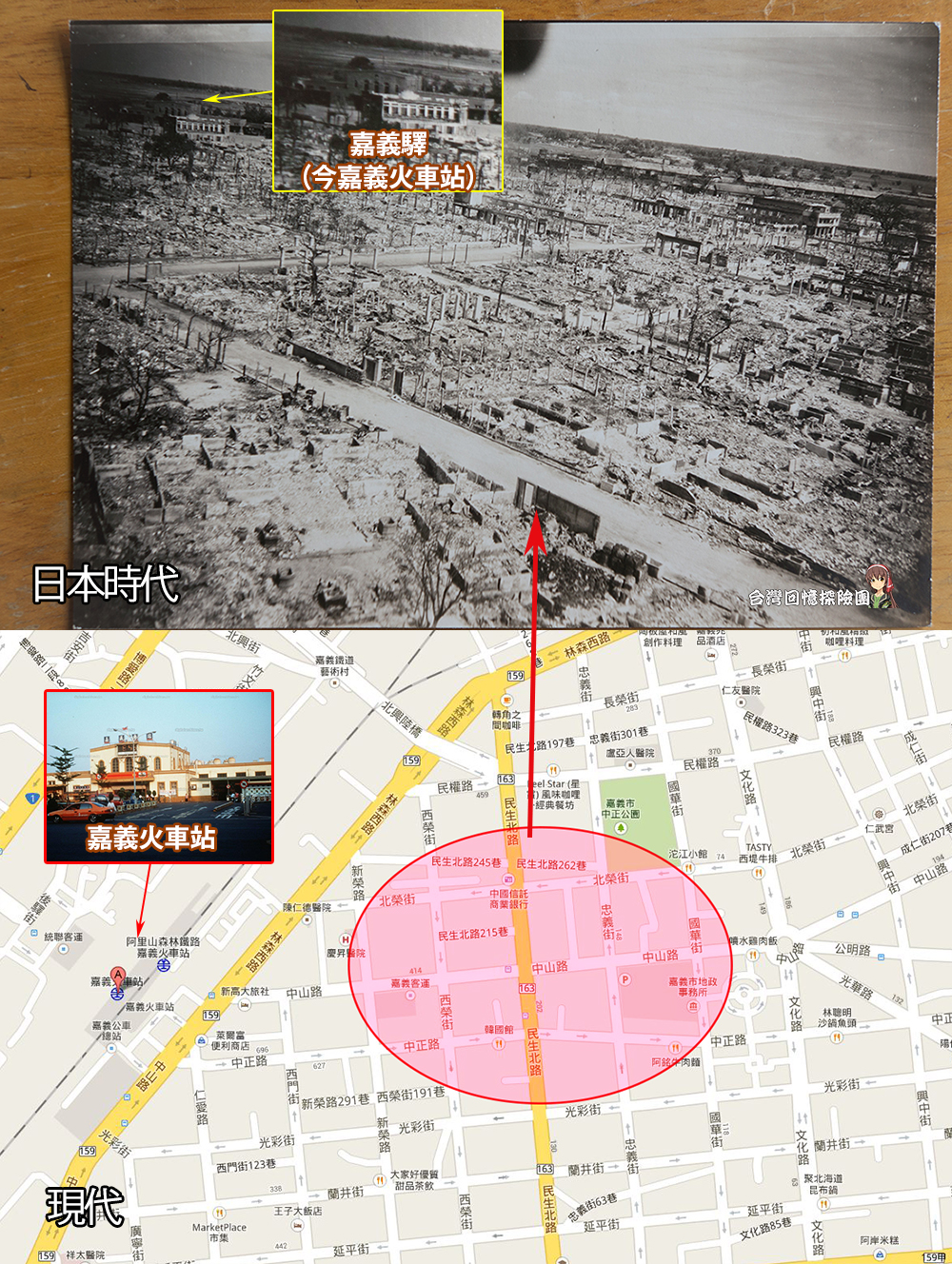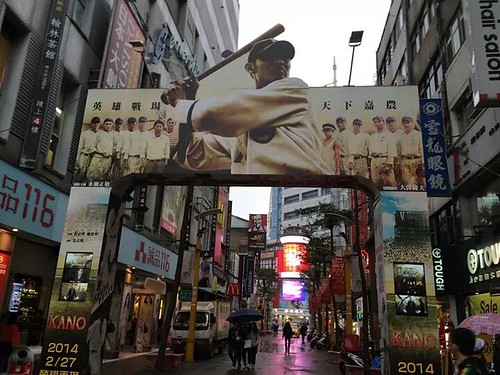On KANO and the Vicissitudes of Language
Like many of the “commentators” that have espoused negative opinions on the “Japan-friendliness” of Umin Boya’s film, Kano (2014), before even having the opportunity to watch the film, I suppose I should also respond with some “commentary” to the discourse. Here, I should also make the admission that I also have not had the opportunity to view Kano since I am unable to watch it from overseas, and not due to ideological disagreements as some commentators have opted. Nonetheless, I take my cue from the critics who have not watched the film, but only the 6 minute Youtube teaser clip, and contribute my 2  .
.

According to media reports, Kano uses 90% of Japanese dialogue compared with only 10% of local languages (Hoklo, Hakka and indigenous tongues). Hence, questions to whether Kano qualifies as “national cinema” or its eligibility for the Golden Horse Festival were raised because of the “foreign-ness” of the film through its use of Japanese. That said, let us look at another “National Film” (國片) that bends language barriers to its narrative. The film to be discussed is also a historical baseball film, boasting a trans-national cast and production values like Kano, that was nominated for 6 categories in the Golden Horse Festival in 1989. This film is the biopic, Honor Thy Father/A Son Remembers 感恩歲月 (1989), starring Ma Jingtao 馬景濤 and the recently deceased Wu Ma 午馬, narrating the life of the baseball legend, Sadaharu Oh 王貞治. Sadaharu Oh (a citizen of ROC) was born on 1940 in Tokyo, Japan to a Chinese father and a Japanese mother, at a sensitive period in history when hostilities between Japan and China were high. Hence, the film is a portrayal of Sadaharu Oh’s struggles in Japanese society to break through the glass ceiling and his father’s struggles to keep their family out of poverty, while crediting Confucian values to their success in Japan.
This film, despite its location in Japan, is narrated in Mandarin. Further, although Sadaharu Oh holds citizenship of Taiwan, in real life he does not speak Mandarin either, having lived his entire life in Japan. However, there have not been calls to question the “national” nature of this film- it was, after all, nominated in the Golden Horse Festival. In Taiwan’s celebrating this film, it should be fair to suggest that Taiwan regards and claims Sadaharu Oh as their “national hero.” Indeed, the media treats his visits to Taiwan as “homecoming” with high profile coverage. Surely, there are plenty of contradictions and discrepancies in this portrayal of Sadaharu Oh in this film to infuriate the purists? That said, this article is not to criticize the celebration of Sadaharu Oh as a “national hero,” but rather to explore deeper into the film’s discussion of Sadaharu Oh’s dual heritage. Here, let us not forget that Sadaharu Oh is the product of a mixed-race marriage, despite his insistence on holding ROC citizenship in preserving his Chinese identity. Rather, I suggest the Confucian themes of the film offers not 1, but 2 father figures for Sadaharu Oh: his biological father 王仕福 and his Japanese coach, Hiroshi Arakawi 荒川博, who developed his iconic “flamingo” batting style. In the film, both “fathers” nurture him to break down racial barriers to become the baseball legend he is today. In the end, contrary to his father’s wishes to return to China as doctors and engineers, they make their home in Japan, and China becomes a distant memory to the aging father that is gradually supplanted by his son’s latest baseball scores. Although it is important to remember who they were and where they came from, what is significant here in Honor Thy Father is who they are “becoming” as the recently deceased Stuart Hall theorized.
In reflection of the above, we look to Taiwan that also enjoys multiple heritages as a post/colonial society. Rather than rejecting cultural influences of our past and present, that those anti-Japanese critics have so vigilantly decried, our society and people are a generous entity with the capacity to embrace cultures- just as Sadaharu Oh has done in the film. That is what gives Taiwan its character, its ability to expand its tolerances and capacity to its many heritages and to strive to see the good and beyond the hatred and injustice. That Taiwanese no longer wish to look back in anger and shame at its Japanese colonial past, should signify a positive development in its reassessment of its relationship with its former colonial master. This is not to say that nostalgia for the Japanese era means that Taiwanese wish to return to autocratic Japanese rule, but that there is adequate distance between that era and the present to reminisce the better episodes of that time. In my meager viewing of the 6 minute trailer, I am under the impression that Kano rejoices in Taiwanese’ struggles in their rocky trajectory threading through the Hoklo, Hakka, Indigenous, and the Japanese influences on the soil under their feet.
For those critics that cannot tolerate the Japanese-ness of Kano, then I suggest they can watch Little Giants of Hongye 紅葉小巨人 (1988), starring Little League hero “Smiling George” Chao 趙士強. Here is a story of a Chinese coach who goes to Taidong, teaches the “barbaric” tribes to become “civilized” and wins glory for the Republic of China in defeating a Japanese All-Star Team. It should delight the Sino-centric critics how the coach in this film brings the “Promethean torch” of civilization and modernity to the local mountain tribe who abandon their hunting to go to school instead. Of course, they should conveniently forget that the origins of Taiwan’s baseball have roots in Japan (that is airbrushed out of the film). Rest assured, the dialogue is all conducted in Mandarin- even by the black Catholic priest of that community. If the above assessment of Little Giants of Hongye is a little harsh, then one should be reassured that the coach eventually becomes part of the indigenous community by marrying the chief’s daughter and becomes inducted into the tribe. However, even for such a Sino-centric film, it recognizes the integration of cultures and ethnicities for the futures of the people of Taiwan. It is our destiny to mix and to continue to mix. Let us continue to tell stories of who we are becoming and where we want to be.
[steps off soapbox] 






